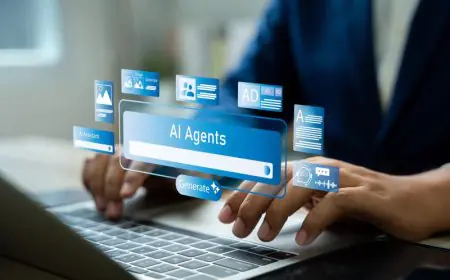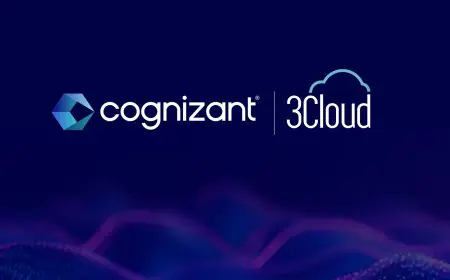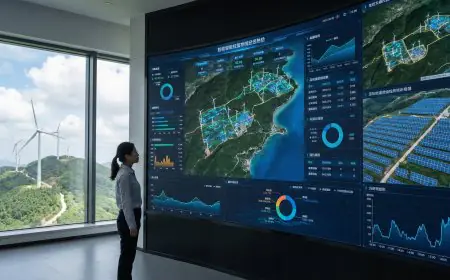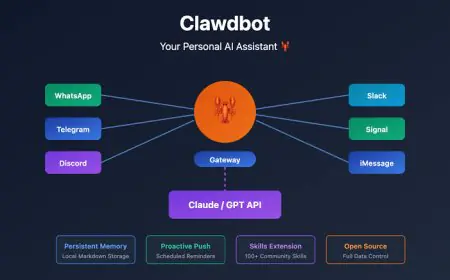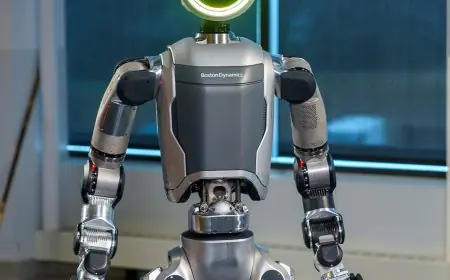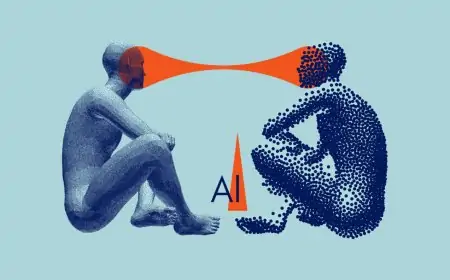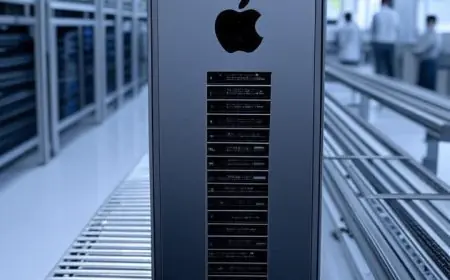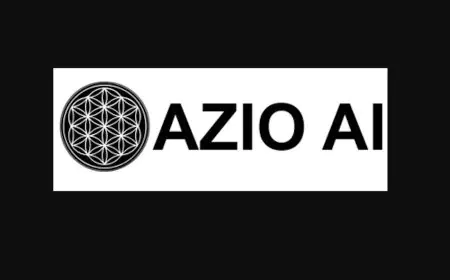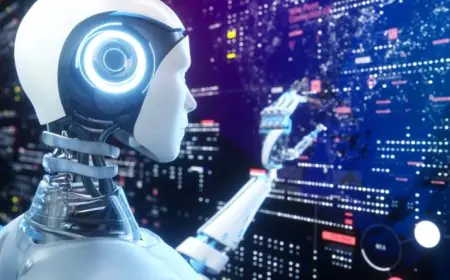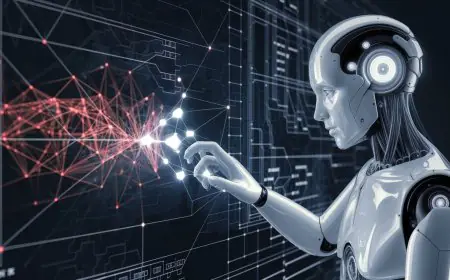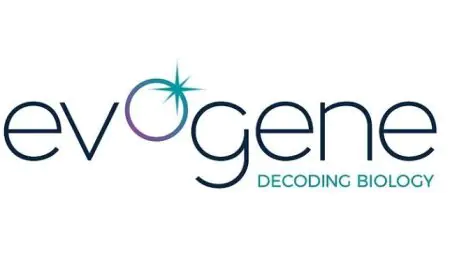AI's Transformative Influence on the Future of Work
AI is reshaping the workplace by enhancing productivity, automating tasks, and transforming job roles. As organizations adapt, employees must embrace new skills and collaborative technologies.

The integration of artificial intelligence (AI) into the workplace is not just a trend; it is a profound transformation that is reshaping how we work. As businesses increasingly adopt AI technologies, they are discovering the potential for enhanced productivity, streamlined operations, and innovative approaches to employee engagement. This article explores the multifaceted role of AI in shaping the future of work.
AI as a Catalyst for Change
AI's impact on the workplace can be categorized into two primary functions: automation and augmentation. Automation involves the use of AI to perform routine tasks that were traditionally carried out by humans. This includes data entry, scheduling, and even complex decision-making processes. By automating these tasks, organizations can significantly reduce overhead costs and improve efficiency.
On the other hand, AI also serves to augment human capabilities. Collaborative AI systems are designed to enhance decision-making processes by providing valuable insights derived from vast amounts of data. For instance, AI algorithms can analyze trends and patterns that inform strategic business decisions, allowing employees to focus on higher-value tasks that require creativity and critical thinking.
Changing Skillsets in the Workforce
As AI technologies become more prevalent, there is a noticeable shift in the skillsets required in the workforce. The demand for analytical skills, creativity, and human-centric abilities is increasing as companies seek employees who can work alongside AI systems effectively. Continuous learning and adaptability are becoming essential traits for professionals aiming to thrive in an AI-driven environment.
Research indicates that nearly half of U.S. managers anticipate that advancements in AI will necessitate new skills among their teams. This shift emphasizes the need for organizations to invest in training programs that equip employees with the tools they need to succeed alongside AI technologies.
Ethical Considerations and Inclusivity
While the benefits of AI are substantial, there are ethical considerations that must be addressed. Issues such as algorithmic bias, privacy concerns, and transparency in AI decision-making processes are critical topics for organizations to navigate. Furthermore, as AI continues to evolve, it has the potential to foster inclusivity by providing support for workers with disabilities and creating more equitable work environments.
Economic Implications
The economic landscape is also being transformed by AI's integration into various industries. According to projections from Goldman Sachs, up to 300 million full-time jobs could be affected by AI automation between 2024 and 2030. However, this does not necessarily mean a net loss of jobs; rather, it indicates a shift in job roles and responsibilities. New opportunities will emerge as companies leverage AI for growth and innovation.
As we move forward into an era defined by artificial intelligence, organizations must remain proactive in adapting their strategies. Employers are expected to increasingly rely on AI for critical business decisions while addressing legal and ethical challenges associated with its use. The relationship between humans and technology will evolve into a symbiotic partnership where both can thrive.
AI is not merely a tool for automation; it is a transformative force that is redefining how we work. By embracing this change and investing in skill development and ethical practices, organizations can harness the full potential of AI while ensuring a fair and inclusive future for all employees.
